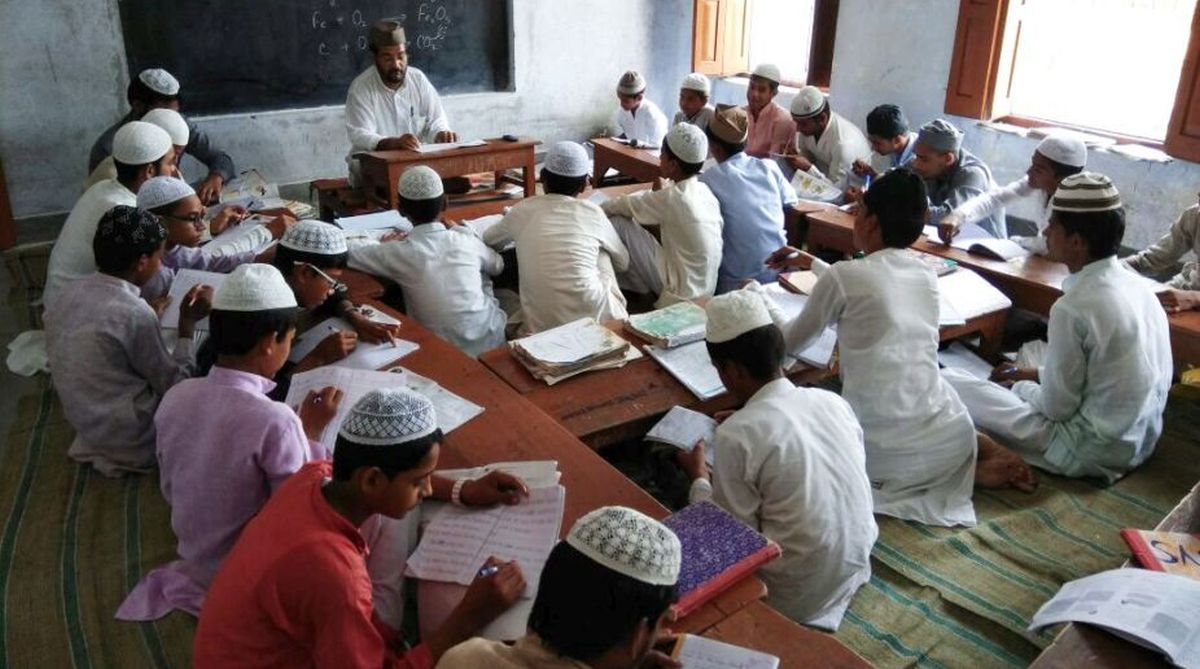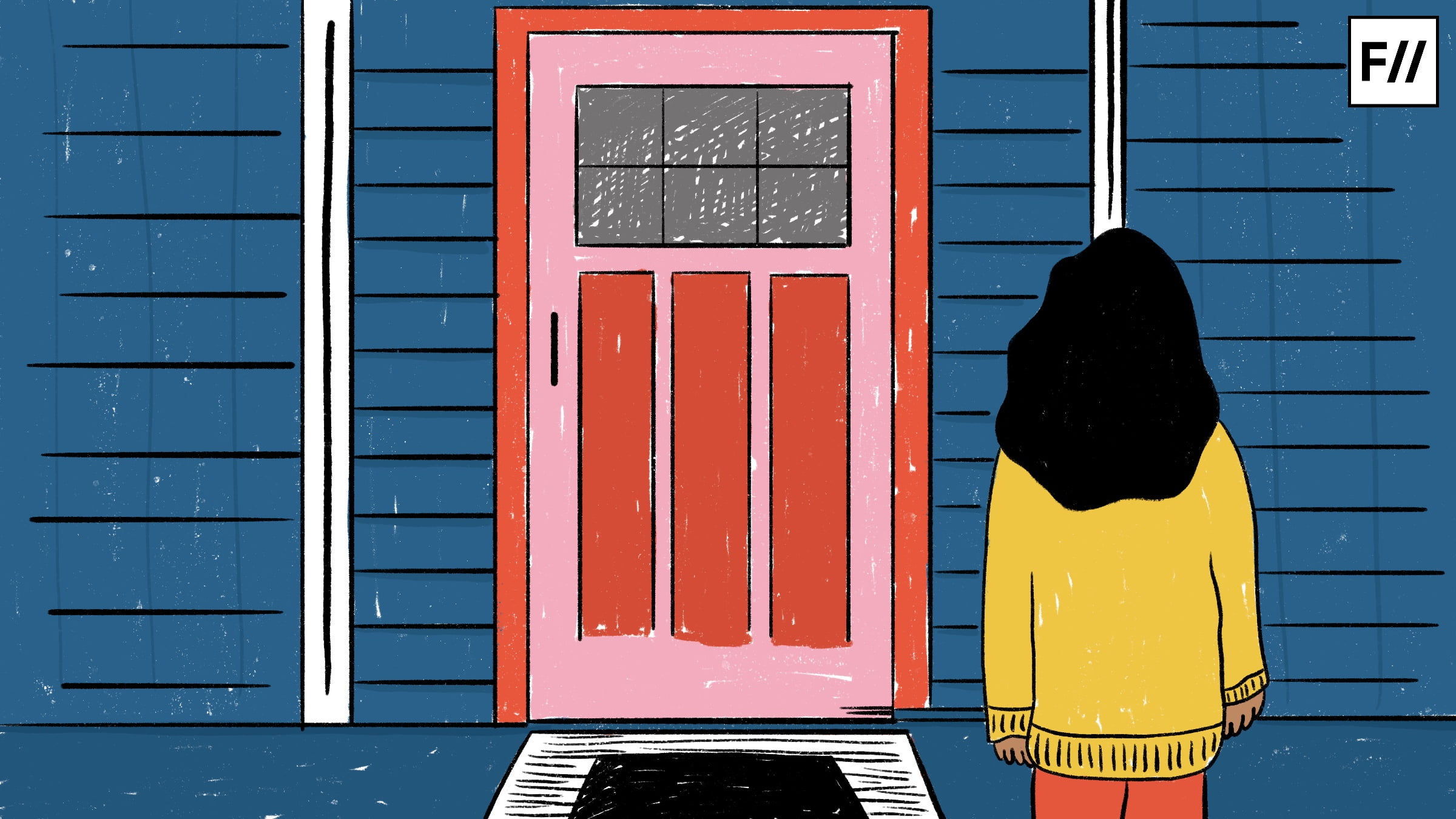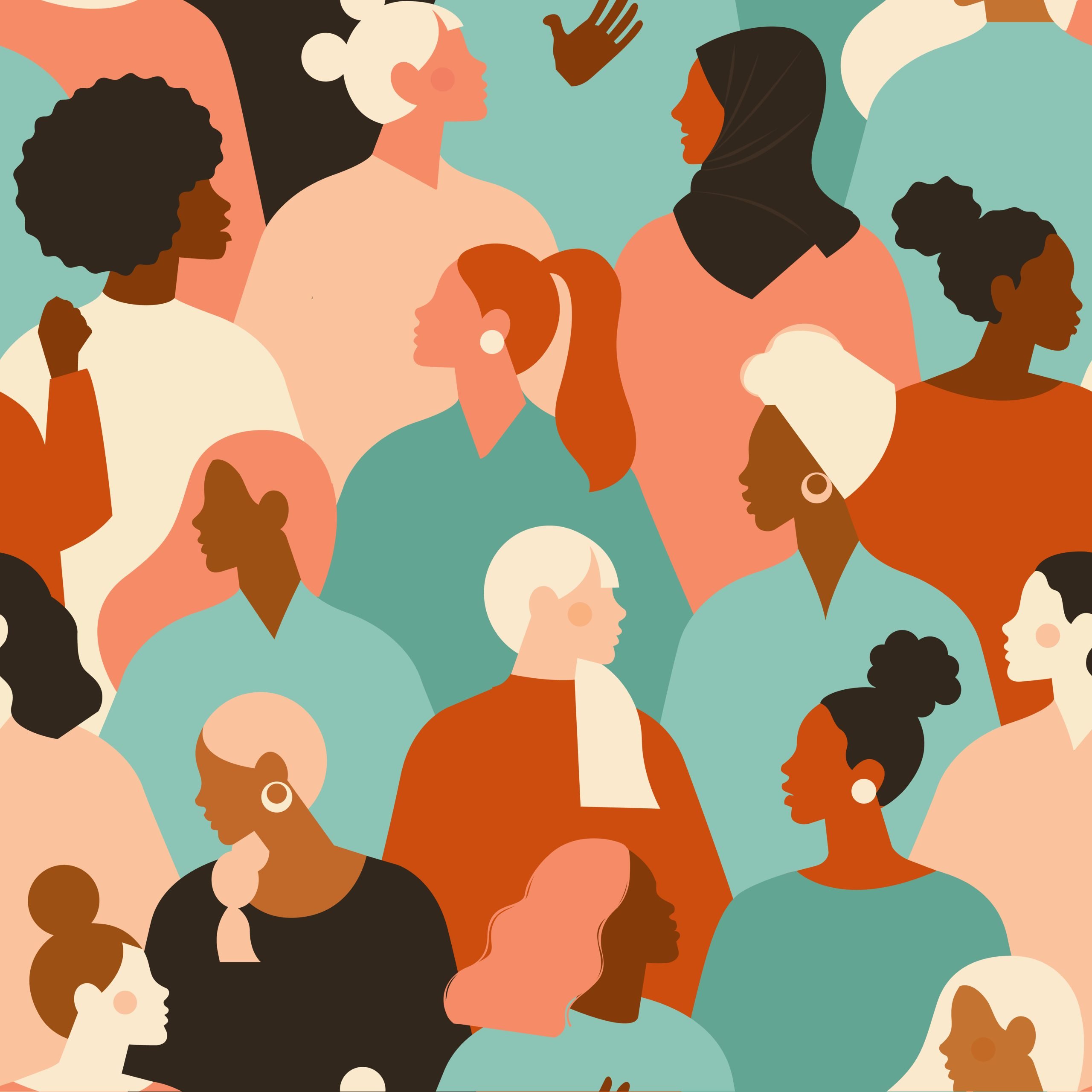Millenia of Indian history are stitched together by traditions of debate and plurality. From early Indian Buddhists, to the association of Ashoka, to the Mughal Emperor Akbar, each era acknowledged the necessity of robust dialogue between different communities to resolve social issues. These traditions are fundamental to Indian secular democracy which emphasises neutrality, tolerance, and acceptance between communities and religions. Optimistically, the constitution embeds this idea of secularity via fundamental freedoms that exist to amplify one’s voice and potential to participate within the democratic process. Although, even with the constitution, these values have not necessarily been successfully implemented.
Conventional wisdom suggests that looking towards the past can shed light on the present. Presently, the rise of the Hindutva movement has siphoned the political deployment and potential of the age-old practice of dialogue. By preaching separatism and majoritarianism, the Hindutva movement has destroyed heterodoxy and has weaponized communalism for their political battles. Their outright neglect of pluralism has reinvented and reduced India’s past to that of a Hindu civilisation. It is with this historical lens that the BJP, the political branch of the Hindutva movement, has legislated the history of the latter half of 2019.
Also read: The Latest In Government ID: Your Clothes
The discriminatory and Islamophobic nature of the past 6 months distracts us from the numerous consequences of regressive BJP policies – economic, environmental, legal, and democratic protections are going down the drain. To counteract reinvention and erasure, the following account highlights key events outlining 2019’s divisive history.
1. Criminalising Triple Talaq
Stemming from a Supreme Court (SC) case filed by Shayara Bano in 2016, the recitation of the word ‘talaq’ three times by a Muslim man, as a means to divorce his wife, was invalidated basis the Constitution. This ruling was a win for many Muslim Women organisations, namely the Bebaak Collective and the Bharatiya Muslim Mahila Andolan (BMMA).
In July 2019, the central government passed a law that invalidates and criminalises Triple Talaq. Any Muslim man convicted of uttering these words, can be sentenced for up to 3 years in jail. In the spirit of acknowledging a rich history of heterodoxy, there are several points to be considered here. On one hand, Beebak Collective argued that this law makes men vulnerable to arrest and subjects Muslim women to financial insecurity and abuse from their in-laws. On the other hand, BMMA celebrates this law and argues that fear of criminalisation is the only way this practice can cease to exist.
Of course, it is necessary for the government to take steps to protect the rights of women. However, can this not also be addressed by legislation and policy that heightens women’s economic participation, access to healthcare, rights for non-binary people, or providing better child and elder care?
Among the many points to consider, an underlying feature of criminalising Triple Talaq is that Muslim people and practices are front and centre when it comes to the BJP legislative agenda. Retrospectively, it becomes clear that this is the first of many.
2. Amendments to Unlawful Activities Prevention Act (UAPA)
In 2004, clauses from the Prevention of Terrorism Act (POTA) were integrated into UAPA. These clauses enabled the government to ban any organisation it believes to be involved in terrorism either directly or indirectly.
With the amendment proposed in August 2019, applicability of these provisions and clauses has been extended to individuals. The terms of punishment have not been specified for any individual who is designated as a terrorist. This amendment is rife with ambiguity—terrorist acts are broadly characterised as a threat to India’s integrity or livelihood security. Remaining vague, particularly in the clauses outlining mechanisms of redress, will ensure that the amendment passes through parliament quickly.
At face-value, the language of this bill is not explicitly Islamophobic. In fact, considering that these provisions pivot around terrorist accusations made by the government—it puts human rights lawyers, journalists, activists, and anyone who has anything to say against the ruling party, at risk. Although, in preparation for the bills and laws to come, the government could label any dissenter (more likely to be Muslim, especially in the case of Kashmir) as a terrorist, making them vulnerable to an unknown punitive process.
3. Abrogation of Article 370 and 35A
These Articles specifically reference the privileges afforded to permanent residents of Jammu and Kashmir and codifies their right to a separate assembly and land tenure laws. The sanctity of these privileges was kept intact from independence onwards, despite years of violence and war. What justification could the BJP have for abrogating these articles on August 5th, 2019?
With this legislation, the central government promised more jobs and economic prosperity in Kashmir by integrating its land and resources into the Indian economy. Instead, the government delivered more troops, restrictions, and internet shutdowns. Benefits of fully integrating Jammu & Kashmir within India are non-existent due to the violence and communication blockade that has been inflicted upon them over the past four months. Enforced intensely and rapidly, the government is stomping on already vulnerable populations to seek out new markets and natural resources to rectify epic economic failures over the past 5 years. All of these nuances are hid behind the killings, detainments, and beatings of men, women, and children, in the only Muslim majority state.
4. Ayodhya Verdict
Recently, in Karnataka, a school play was produced to perform the most recent event in Babri Masjid’s history; a November 2019 SC ruling allowing for the construction of a Mandir on the disputed site, and 5 acres of land given to the Sunni Waqf Board. Parents cheered on their kids as they destroyed a Babri Masjid replica. Learning and teaching history in school is important, but this is certainly not the way to go about it.
This land dispute dates back centuries. The tension exists due to two claims: 1) that this land is the site of Lord Rama’s birth and 2) a temple had been constructed on the disputed site before the construction of Babri Masjid in the 1500s. In 1992, this tension reached new heights when the mosque was attacked and demolished by an angry mob. Now, the SC, under the auspices of the BJP government, has declared a ruling favouring the majority once and for all.
Reports on the SC ruling claim that they made their decision according to the law—faith was not a factor, the side that presented the best evidence won. Although, it was proof of ‘undisputed faith‘ presented by the winning side that allowed the SC to rule in their favour. Like the UAPA, at face-value, the verdict does not communicate Islamophobic sentiments. However, the acceptance of religious claims as indisputable truth and maintaining the status quo to keep the majority (and the government) happy, demonstrates fault lines in our legal system and resulted in Muslim populations getting the short end of the stick.
5. Citizenship Amendment Act (CAA) – National Register of Citizens (NRC) – National Population Register (NPR)
We have now made our way to the present. When it comes to CAA-NRC-NPR, those who protest against it are criticised for not having a proper understanding of what they are protesting. So, let’s start with a rundown:
NPR: Under the Citizenship Act, 1955, in 2003, the Central Government drafted rules called the Citizenship (Registration of Citizens and Issue of National Identity Cards) Rules, 2003. The rules drafted in 2003 provide the legal framework for NPR. According to these rules, a population register contains the demographic details of a person residing in a rural or demarcated area within a town or city. Essentially NPR lists the ‘usual’ residents of the country. NPR is carried out by the Central Government—they can decide the time period during which NPR data will be collected from the population. In July 2019, the Government announced that NPR information will be collected in all states (except Assam) from April 1st, 2020 to September 30th, 2020.
NRC: NPR is a prerequisite for NRC. NRC, based on Article 14 of the constitution, contains the details of an individual after they have been verified by the NPR. Several reports mention that the NPR in April 2020 will be followed by the institution of NRC across all states in India. The recent experimentation in Assam shows why the NRC can be problematic. The high demand for bureaucracy and documentation led to many flaws and arbitrary exclusions of citizens of India. Moreover, other persons can file objections against the inclusion of any other individual included in the NRC—increased communal politics and a potential CAA may aggravate acts of social injustice.
CAA: This December 2019 amendment protects Hindu, Sikh, Jain, Christian, Parsi, and Buddhist refugees fleeing religious persecution from Pakistan, Afghanistan, and Bangladesh. If their names are not registered in the NRC, this amendment can act as a safeguard. Who can it not as a safeguard for? Muslims.
Many of India’s neighbours are not included in the CAA—the countries chosen are Muslim majority countries. Because of this, CAA supporters claim that Muslims cannot be prosecuted in Muslim majority countries and do not need protection. What about atheists? What of the Ahmadiyya? It’s likely that historical national ties, historical events, and historically persecuted peoples were not acknowledged in drafting this amendment.
In addition to skepticism and pluralism being quashed by a majoritarian Hindutva inspired government, efforts towards participating in a democracy, via protests, are also being squandered through internet shutdowns and the imposition of Section 144.
Keeping the Past Alive
When reflecting on the history of 2019, it is important to remember that the Islamophobic nature of these events is not about Islam or religion itself. It’s about picking the most convenient dividing factor, harnessing it, using it to cover up the government’s mistakes, and creating a new India that fits a uniform and unconstitutional vision.
While opening a newspaper can feel disheartening, take solace in the courage of students, in the bravery of some state government officials and law enforcement officers, in the demonstrations of solidarity in India and across the world, and in journalists reporting on all silenced populations (economically vulnerable farmer unions and tribal communities, Kashmiri’s, protestors, etc.). Know that there are people who have not forgotten India’s history, and know that they fight to keep it alive.
Also read: 6 Legislations Passed in 2019 That Are A Blot On India’s Democracy
Based in Bangalore, T.M. does research along the lines of gender, technology, and labour.
Featured Image Source: The Guardian




